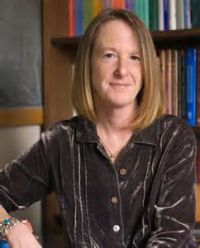Language as Culture in the Eastern Mediterranean (330-2013)
The students of the Centre for Byzantine, Ottoman and Modern Greek Studies at the University of Birmingham are proud to announce the 15th Annual Postgraduate Colloquium, which will take place on Saturday, 24th May 2014.
Keynote speaker: Dr Maria Georgopoulou
(Director of the Gennadius Library, The American School of Classical Studies at Athens)
The colloquium will bring postgraduate students together to discuss the significance of language in the eastern Mediterranean from Late Antiquity to the Modern Age. Beginning with the observation that all studies are routinely possessed by language, it is important to understand the relationship between language and culture. A major goal is to examine the role of culture in linguistic meaning, language use and, conversely, the role of linguistic form and culture in social action and in cultural practices. Language is a key to understanding the social, symbolic and expressive lives of members of society.
How, we will ask, can we learn more about language, and, what can we say about language in the Mediterranean basin?
Studies of ritual and performance, of patronage and status often draw on linguistic evidence to talk about various forms of cultural production: attesting to the crucial and hitherto unacknowledged role of language in the creation of cultural subjectivities. Language as a term should not be limited to literary forms, as verbal products, but may be extended to encompass a broader range of visual narratives, including, potentially, painting, architecture and other kinds of material culture. We are interested in the production, interpretation and reproduction of social meanings, as expressed and accrued through language and in exploring the relation to culture and society.
We invite proposals for 20-minute papers in all fields of Byzantine, Ottoman and Modern Greek Studies. Topics may include but are not limited to:
* Language ideology
* Ideological context of architecture
* Visual culture
* Literacy and education
* Literary analysis
* Multicultural communities
* Objects and words as symbols of identity
* Representation, power and social status
* Theories and practices of image-making
* Ideas about communication or trade
* Perceptions and sounds of speech
* Cultural history of texts
Please send an abstract of no more than 250 words to George Makris at GTM036@bham.ac.uk by Monday, 24th March 2014.
Registration is free.




